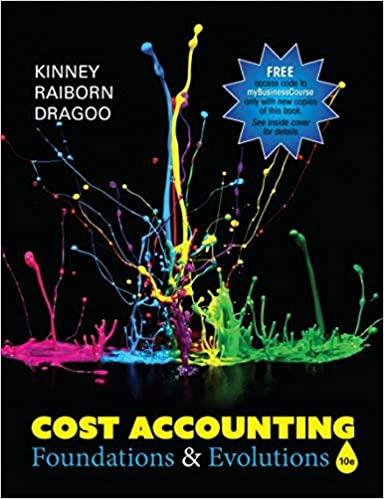ENTS $52.92 ALPHABET 500L innovations didn't stop there One of the reasons for By 2018, they had purchased Creating Alphabet was to pro well over 200 companies. vide greater transparency such as Android, YouTube but the company seems to and DoubleClick, always striv. have missed that mark. What ing to further their mission to we do know is that Alpha- organize the world's informa bet's semi-secret research tion and make it universally facility "X" also known as accessible and useful. To bot- the "moonshot factory." ter separate all the different is currently working on a self- directions the business had driving car, fuel from sea taken, Brin and Page created a water, and other long-shot. holding company called Alpha- innovative projects that may bet in 2015 and turned the or may not pan out. If there is control of Google over to an a long-term strategic vision, up-and-coming star manager it may be simply to provide 2016 the resources and freedom bet's annual revenue rose to to some of the best and US$110.9 billion in 2017 fup approximately 23%), as Google, its major subbrightest dreamers in the world and then to let their ideas develop into sidiary, provided more than 80 percent of the world's search market. the reality of the future. Brin and Page have been extremely effective in attracting talented, cre- ative employees, like Pichai, and providing them with a work environment and culture that fosters productivity and innovation. They've also remained at the forefront of Alphabet's search for innovations, but nobody knows for sure what Brin and Page have on the drawing board. In fact, outsid- ers-notably potential investors-often criticize Google for being a black box" whereas they want a few more details on the company's long-range strategy. "We don't talk about our strategy," explains Page, ... because it's strategic. I would rather have people think we're confused than let our competitors know what we're going to do. Mark Lennian Ears Alphabet/The OP Images +1.1% 5769.50 BUSINESS CASE ALPHABET: G IS FOR GOOGLE "Google is not a conventional company. We do not intend to become Just as you observed in our opening case, the co-founders met at one." The co-founders also said: "As part of that, we also said that you university (Who's sitting next to you now?). They were graduate students in could expect us to make smaller bets in areas that might seem very computer science. At the time, Page was w s working on a software develop speculative or even strange when compared to our current businesses.' ment project designed to create an index of websites by scouring sites for From the start, we've always strived to do more, and to do important keywords and other links. Brin joined him on the project, and when they and meaningful things with the resources we have." Sergey Brin and were satisfied that they'd developed something with commercial value, Larry Page represent the fundamental idea and driving force behind the they tried to license the technology to other search companies. Fortu- company that now has over 80 000 employees worldwide and that has nately, they couldn't find a buyer and settled instead for finding enough created multiple platforms that satisfy consumer needs, such as Search, investment capital to keep refining and testing their product. Gmail , Google Maps, and Chrome. The co-founders recently chose to At the turn of the century, Brin and Page ran across the description reorganize and name their new holding company Alphabet because they of a business model based on the concept of selling advertising in the felt that it held a dual meaning, as a collection of letters that represent form of sponsored links and search-specific ads. They adapted it to their language and as a reference to the investment term alpha (returns above own concept and went into business for themselves, eventually building a benchmark) Google into the world's largest search engine. But their ambitions and Case Study Questions 1. When co-founders of Google said "Google is not a conventional company, we do not intend to become one" what did they mean? 2. What else they said in the same interview about company's achievements? 3. What is the name of holding company of Google and why that was chosen? 4. Describe what was the project that Sergey Brin and Larry Page wanted to sell but could not find a buyer? 5. How Brin and Page became successful in building Google into the world's largest search engine









